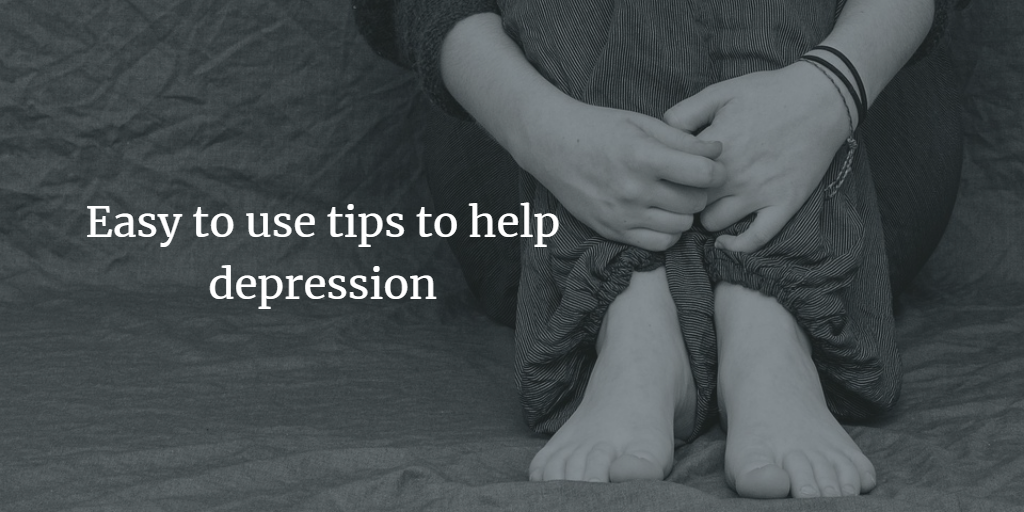
Easy to use tips to help depression
Depression often makes you feel helpless. Taking action to make yourself feel more in control will have a positive effect, whether it’s going to see your GP for treatment, joining a gym, going for daily walks, or doing something that you are interested in or good at. If you don’t feel up to starting something new or joining a local group on your own, ask a friend to come with you.
There are many things you can do to help manage your symptoms and a wide range of treatments, both medical and non-medical, are available.
The sections below should help you to work out what you could be doing yourself.
1. It is common to have feelings of worthlessness or guilt with depression. Try to be aware of any negative thoughts you have about yourself and how they might be affecting how you see yourself and how you feel. If you can, try to think about how realistic these thoughts are and how you might change them into something more positive. You can speak to your GP about getting counselling or cognitive therapy.
2. If you feel depressed it can be difficult to be sociable. Loneliness may make you feel worse, so it’s important to keep in touch with friends and family. Having people around you or groups that you are involved in will help to reduce feelings of isolation.
3. Worries about work, money or a legal situation
Making sure that you do not feel overwhelmed by your work responsibilities is important because it gives you a sense of being in control. It’s important to make time for yourself to do things you want to do or to be with friends and family. Being with work colleagues, having a routine to the day, and the sense of achievement in getting a job done are all good for your mental health.
4. Relationship problems
Problems with close personal relationships can have a devastating effect on how you feel about yourself and the world. If you are struggling to cope with a difficult relationship or your depression is causing problems in your relationship you can contact a relationship therapist.
5. Physical activity
There is good evidence that exercise can lift your mood because it can take your mind off your depression as well as stimulate the release of endorphins in the brain. Endorphins are neurotransmitters produced in the pituitary gland in the brain that produce feelings of happiness.
6. Diet
There is some evidence that foods that are rich in some essential fatty acids found in oily fish, like mackerel, salmon, herring, sardines, kippers and fresh tuna can help to relieve depression. Whether there is a direct link or not, eating healthily will help you generally feel better and give you more energy, especially if you are also exercising.
7. Avoiding alcohol and drugs
Alcohol acts as a depressant on the brain. If you drink too much or too often, you are more likely to become depressed. If you are already suffering from depression, drinking alcohol can make you feel worse instead of better. With such a vicious circle it is best to drink moderately, if at all. Recreational drugs should also be avoided.
8. Managing anxiety
Around half of those people who experience depression will also experience anxiety. Taking steps to manage your anxiety can help give you the mental space to begin to deal with your depression. Talking about what is making you anxious, as well as a healthy diet and exercising, will all help you to control your anxiety.
Some people, especially those with mild depression, find that relaxation techniques such as massage and yoga help them to manage their anxiety.
Therapies
Counselling and other complementary therapies give people the chance to talk through everyday issues that may be causing depression and to develop strategies for resolving them.
It is never too late to change. The power is within you.
Tunde
Phone: 0874170259 info@absoluteharmony.ie
